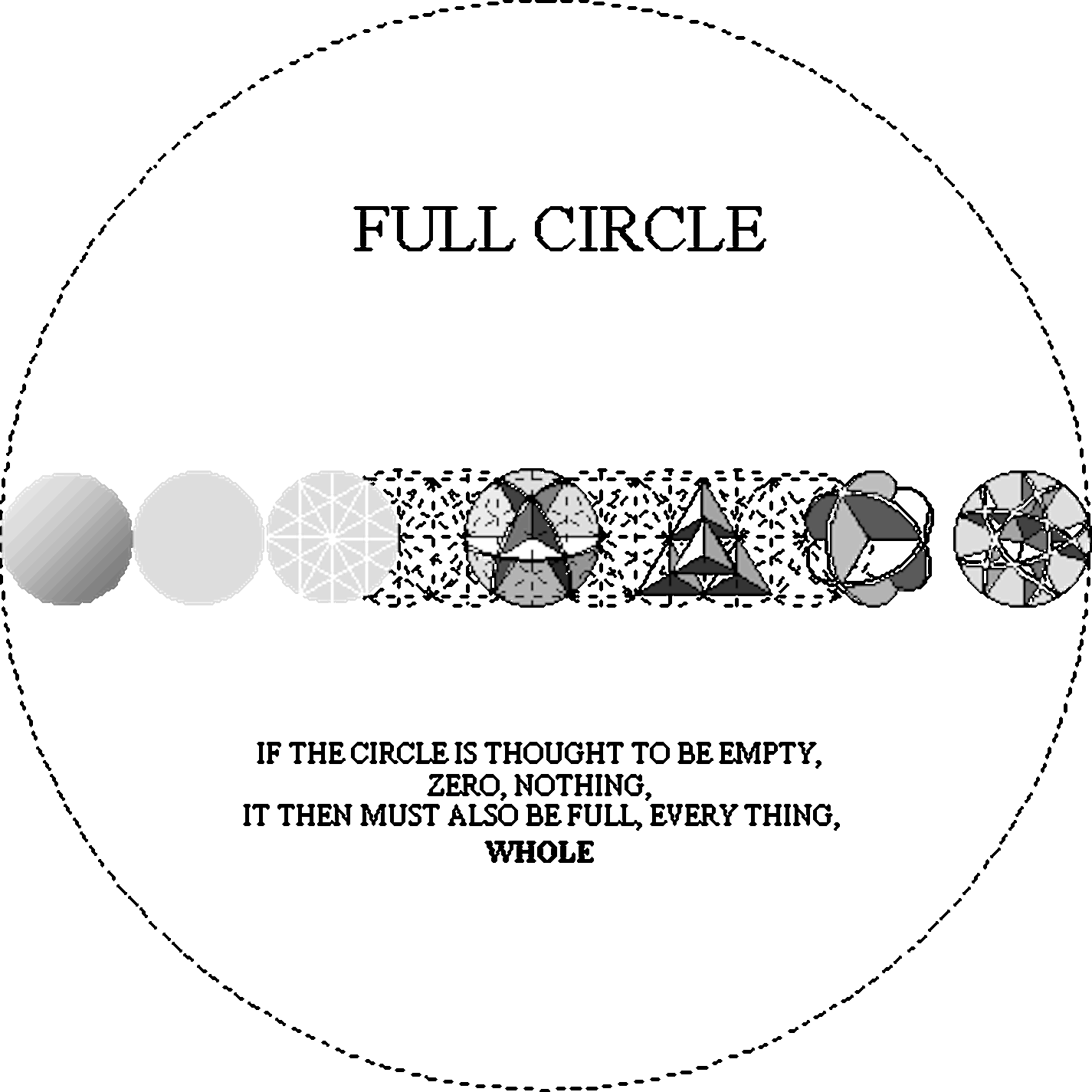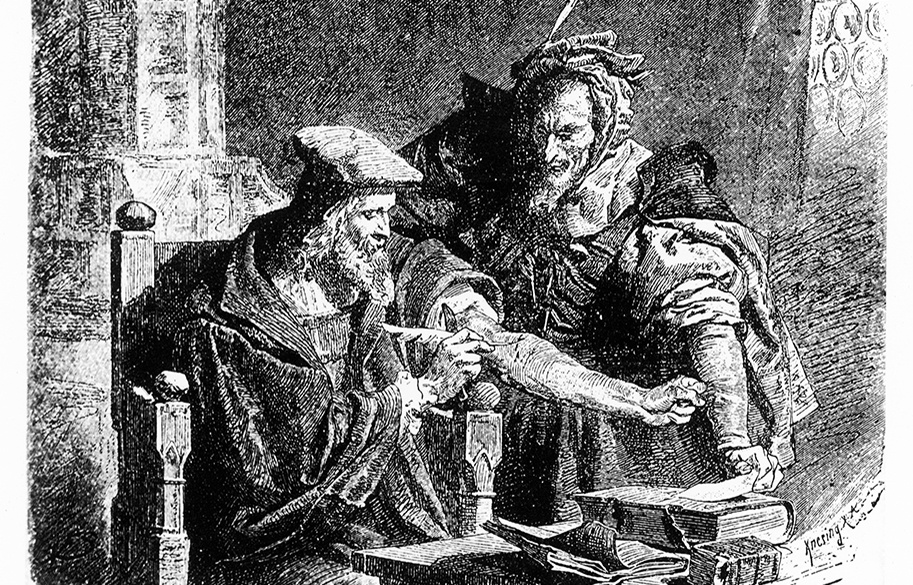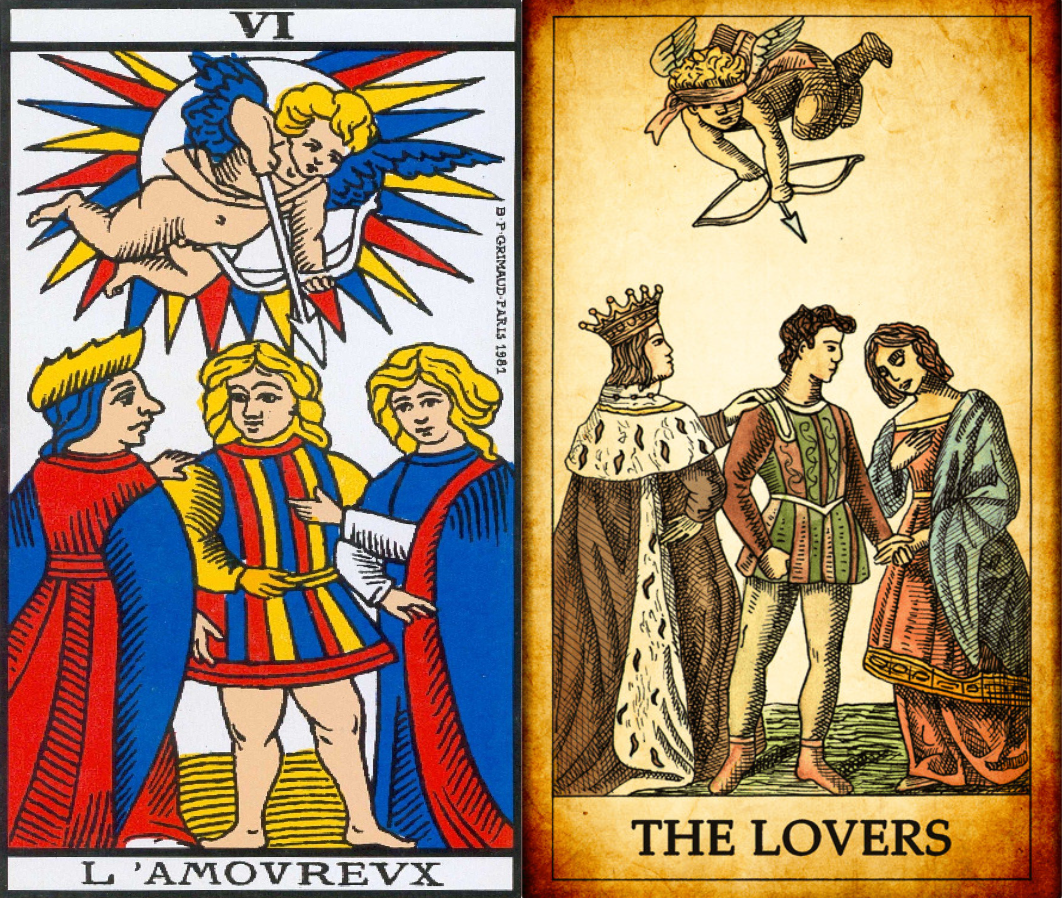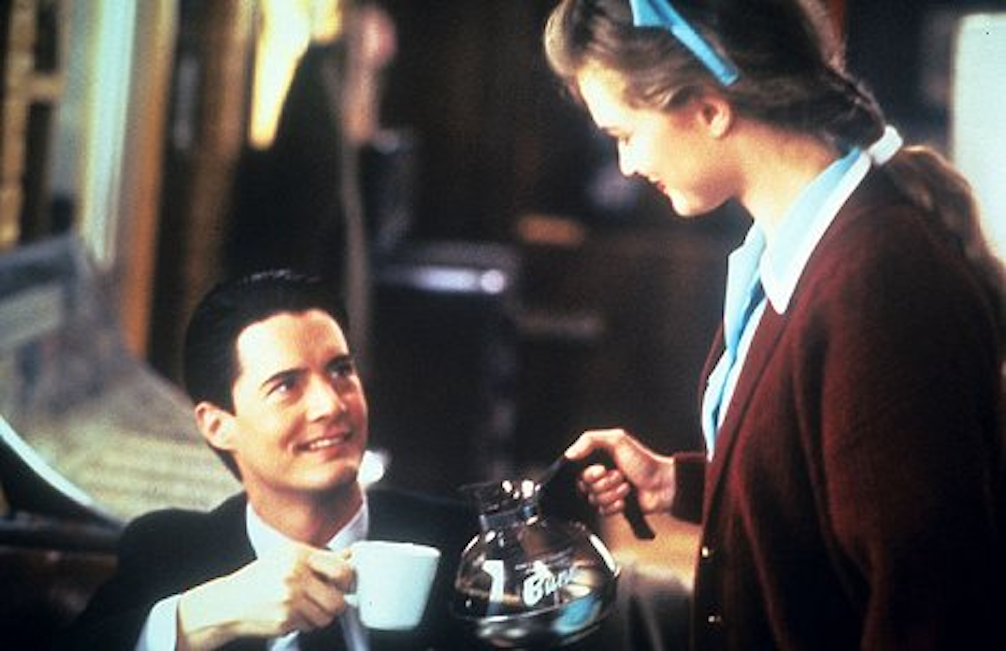full circle

no idea what this is, just that someone at DePaul uploaded it sometime, for some reason
Almost exactly a year ago I started using the Bearblog publishing platform; my first post was about the Lovers card in Tarot.
Since that post, my life is not recognizable (I have quite literally been "posting through it"). I feel bad for my kid self, how much I've let her down—how could you let this happen?—where all her worst fears functioned as a sort of blueprint for the way things would shake out eventually. It's at the point that it strains credulity, but it's also morbidly funny, and there is probably an important lesson here about the sheer power of worry.
rejections
spoilers follow for Poker Face?? idek
At the very, very end of season 2 of Poker Face—which I'd already been warned about watching, because it's a lot—someone tells protagonist Charlie Cale that "cracking the Charlie code was easy. It's not complicated: you're a compulsive do-gooder, simple as that. You're a sucker for the world's victims and losers."
This was extremely startling to me, because the version of Peacock I pay for is ad-supported, and I had just noticed this same tendency in my own stupid self. Mere minutes earlier, during a commercial for Uncrustables—the "best part of the sandwich"—I'd thought to myself, "Fuck that smug little anthropomorphized circular sandwich, I love the bitter, hollowed-out crust of a PB&J." Then I'd considered this knee-jerk instinct, along with my overall susceptibility to advertising: reactive, contrarian, and therefore entirely predictable, a fatuous rebellion. Also, huh? I love an Uncrustable. What is wrong with me?
I realized this is why I offer to eat the 5-year old's rejected pizza crusts. Then I thought back, as I have numerous times over the years, to the 2002 Ikea lamp commercial (do you feel sorry for the pizza crusts?). Have I been zeroing in on embracing the shittiest, worst versions of things because I don't want anyone or anything to ever experience the same rejections I have faced? Do I see a rose and grab its thorns? What if I love things for their shittiness? (At the same time, the new lamp is not "much better." I like beautiful things that are practical, things that work. Anyway, who doesn't want to root for a scrappy underdog?)
Then I remembered my friend telling me—after she'd watched me decline to go drinking with three total strangers whom we'd just met in the elevator, and I'd subsequently experienced something of an emotional crisis—"You're going to have to get used to the look of rejection on people's faces." Her words had knocked the wind out of me: she'd zeroed in on why I ever go along with anything.
disconnect
In Poker Face, that same character also says, "You ask me a question and I lie, who'd you just have a conversation with? Nobody. Charlie, you've been talking to nobody your whole life."
This is, in fact, an idea that has been stalking me for months. If, for whatever reason, people don't want to tell you the whole truth—if they're just saying whatever they believe you want to hear—they are coauthoring, with you, a fictional character, a scene. And if that's true, and if people are always weighing what to say to one another, then no one is having real conversations or connections with anyone. They're just playing an improv game.
This sounds bleak, but it really isn't. It's the difference between mirror neurons—genuine connection—and high-level mimicry, the improv game of masking.

I'm no Charlie Cale; I cannot tell when people are lying. But in Los Angeles I've realized I can tell when someone is masking. Since there are so many cults, cultlike personalities, and users/takers out and about, being too well-masked is a major red flag there. What worked in elementary school has the opposite effect in adulthood, and people will instinctively run away.
I'm pretty good at noticing people who are willing to be unguarded, unmasked, authentic. The willingness to be seen and perceived is gutsy and to be cherished; the underlying guiding principle is simply that not everyone is for you. Fortunately, a lot of people will remove themselves from your plate with maximum fucking zeal. It's that "courage to be disliked" thing all over again. (I think most of my closest friends are, like me, in a sort of perpetual 'mixed state', where the words are sincere but we couch it in glibness, and we are gregarious with one another and we laugh easily because no joke is too dumb.)
When someone is highly masked—as if they were still a teen or twentysomething, trying to dazzle enough people in order to successfully survive their youth—I get very nervous. I can't tell what is going on under the hood, what is driving the engine. What do they want from me? I'm getting better at this, but it will take me a long time to piece together 'motive', like a detective in a Wednesday-night crime procedural. I'm right only occasionally.
When I was in college, I was in a cover band; once, we played a junior-high dance. After the set, or perhaps during a short break, I was swarmed by a brigade of 5 to 7 schoolgirls: the freaks, the weirdos, and especially the lgbtqia+ and future enbys of the Midwest. Well, I'd already identified this close-knit gaggle as offbeat, because one of them knew all the words to Cheap Trick's "Surrender," which is atypical for that age group.
They peppered me with questions. They told me about themselves. They were misfits. They were being tormented at school by other girls (it's that exact age where queen bees turn into the gender police, torturing everyone around them). Adults just didn't understand! One child pleaded with me to tell them it "gets better."
"Uh, well, in high school it might actually get a little bit worse," I said, watching their collective faces fall. "But then you will go to college, and you will form your own band, and you will never have to see the people you don't like ever again." (They were elated to hear my prophecy about their future band. "We already have a name!" one preteen told me, of this allusive band. It's true that the name is the most important part.)
In retrospect my advice to them was inaccurate and premature: I had not yet held an office job. Youngsters who are now in your mid-to-late 30s, please forgive me. You can try to construct your entire life to not have to engage with any "mean girls" or social cops, but a few will still necessarily sneak through. If you let enough of them sneak into your life, though, it'll be like wasps building a nest in your hair.
solution (long way)
Still, we will continue to encounter such people. We have to coexist with them, however uneasily, and we even have to collaborate with them sometimes. We are interdependent whether we like it or not. We live in a society.

"Faust Making His Contract with Mephistophiles," by Franz Sinn
Recently a friend was lamenting having to work closely with people who deal in IP. He was under tremendous stress. I sighed. I said the world is full of those people: they are just part of the ecosystem, helping the world turn. But that doesn't mean you should trust them. "One thing I've learned is, the devil is always willing to trade for something of slightly lesser value," I told my friend.
This is to say, you have to examine what you're holding, and figure out why, and how, the other person is trying to extract value from it. Because it is better than whatever they're holding in some way—you just have to figure out how, and lead from there. (Sometimes people might just want your access to even better-connected people, which is kind of the ultimate bummer.)
"Stay on my toes," my friend agreed. I nodded grimly. The goal isn't only to minimize contact with people who have your worst interests at heart; it's also to recognize that pattern before you become their next mark. This is how one slowly and laboriously navigates the wilderness of the Los Angeles sprawl.
I know I've done a lot of "us" and "other," "real vs fake" here; I don't entirely believe in that social dichotomy. It's more about compassionately, but scrupulously, avoiding people who are operating full-time in their "not-self"—people who are in a perpetual survival mode, who might believe that any minor threat to their ego will result in the total annihilation of the self. That's toddler brain, and we don't negotiate with terrorists.
unintegrated
As I mentioned a year ago, prior to the design of the Rider-Waite-Smith Tarot deck, the Lovers card instead depicted a young page who is torn between two women: one potentially representing Virtue; the other, Vice. Vice is a maiden brimming with passion and the arts, while Virtue—representing filial obligations—is some sort of matron, waiting expectantly. Is that supposed to be his mother? Sometimes the man's face is tipped this way or that way. Overhead, Cupid sows chaos.

two examples of a Marseilles-style card
And as I mentioned even more recently on social media, my longtime obsession with the Archie comic books published by Spire Christian Comics hinges on this very personification of what are abstract and even reductive concepts. Archie is torn between Betty—who here represents, almost without exaggeration, the Virgin Mary herself—and Veronica, that materialistic Wh**e of Babylon.
This is, of course, another false binary, the myth of duality. Betty is a construct, a fabrication, just as much as Veronica is. Human beings are both/and. Human beings are Betty, Veronica, Archie, and Jughead. And that bald principal guy—Mister Weatherbee, yeah. And Moose.
Last night my group of online friends watched the final two episodes of Twin Peaks: the Return. Watching at a rate of two episodes per week, it had taken some length of time to get through three TV seasons and a movie. Once the last episode had concluded, I admitted it had been emotionally taxing to watch the last two episodes of Poker Face and the last two episodes of Twin Peaks on the same day.
More than once through the series run, I'd pointed out that Twin Peaks season 2 ends the way it does because Agent Dale Cooper has in fact always been bifurcated—“split”—and is therefore 'leaking' his rejected shadow self. Basically, the Jungian shadow is projected outward, externally, instead of having been responsibly witnessed and interrogated. Then it wreaks havoc, seemingly with a mind of its own, as if it were being leveraged by chaotic forces of Evil (i.e. “BoB”). The right hand doesn't know what the left hand is doing and all that. I guess it's also worth asking what eventual effect dating an ex-nun who looks like Heather Graham would have on Cooper's already-fractured psyche—she is truly the Betty to Audrey Horne's Veronica—but this is exactly why everyone agrees season 2 is a little silly. Well, that and everything else.

People who knew him always say David Lynch was very much like Agent Cooper—a "Boy Scout"—but I think this undermines and underestimates how much inner work Lynch probably did. ("Transcendental Meditation is a cult, but not when David Lynch does it!" I regularly joke to the group.)
Anyway, the final episode of season 3 ends on a very different version of Agent Cooper—and, as an additional warning, my janky spoiler text won't work in 'night mode', reader mode, in RSS, or in the highly likely event that I ever change my own CSS, forgetting what I did earlier:
Having forgotten who he is, Agent Cooper has spent much of the season roleplaying as "Dougie"—inadvertently defrauding Naomi Watts's character, in a sense. Now he travels through a rift with Diane, the woman who has functioned as his witness and confidante all these years. But when he tries to reciprocally 'see' Diane, she cannot tolerate being perceived; she cries and covers his eyes, deeply pained by his gaze. While he is sleeping, she leaves him. Dale awakens to a bedside note addressed to "Richard," signed "Linda": Diane, or the environment itself, has recast their characters in order to make Diane's feelings bearable.
Whether it is by this experience of love and loss, or by the destruction of his doppelgaenger, or by something even more metaphysical, Dale has lost his good-guy compassion for bad actors. He emotionlessly shoots a civilian in the foot.
In this way, the "Boy Scout" and the shadow self are integrated. The old Dale Cooper would've never done that.
The two, braided, comprise the "structural integrity of the self."
talking to nobody
I'm not sure whether to talk about the living or the dead; I guess I'll try on a little of both.
Recently I encountered someone who is functioning as a sort of caregiver. She is overcommitted, overgiving, self-sacrificing. In return, the elder she has been visiting has become more demanding, more self-centered, sometimes even cruel. I was startled because, in addition to this behavior being—I'd thought—out-of-character for the elder, it actually lines up with the changes in my own adoptive parent's behavior late in her own life. When this elder insulted her, she appeared pained. But wasn't this new carer encouraging these behavioral shifts? She had, after all, given the elder a 1960s jokebook filled with insults. I felt conflicted; it's all a little on the nose.
Am I projecting? Definitely. Am I worried? Yes. Are other people's lives any of my business? Not really.
But this led me to think about the ways in which we mimic one another, take one another's cues, playact entire scenes, roleplay entire lifetimes. In order to be certain of one's own identity as a 'good' person, one might need someone to roleplay the "bad guy." To be a savior, one needs a willing captive. To be "long-suffering" requires a source of suffering. Oh, my God! It's Meisner, but even more horrible. My adoptive mother had created me, and I, in turn, had created my adoptive mother. (As someone tells Charlie Cale at the end of season 2 of Poker Face, Charlie is "the Sherlock to my Moriarty.")
An outside authority has intervened to tell me that what I am describing here is "textbook" codependency. It's enmeshment! What it actually looks like, though, is mutually-assured destruction. Both people absolutely benefit from the dynamic—nourishing and vindicating each other's respective emotional wounds, usually tied to familial patterns, perhaps hoping to finally get a sense of control or righteousness or justice or validation—while both people continue to hurt and be hurt. Each externalizes and projects their own shadow self onto the other.
I forgive everyone, and I hope they'll forgive me too, but this shit just isn't my bag anymore.
unguarded
I can list off who has floored me right off the bat, and the list fits on one hand. Anyway, it's hilariously, notoriously difficult to make friends in Los Angeles: I have repeatedly joked, although it isn't really a joke, that almost all my SoCal-based friends were already friends before they moved to SoCal. People move on from one another quickly, in part probably because LA is an environment teeming with wolves—and also because most magical interactions end with all parties flitting on, wild and free and a little bit commitment-phobic. "Let's preserve this perfect moment and part ways forever." Which tbh can be a healthy instinct, since very special people might enter our lives for just a season, or just a moment, and then exit just as fast, and the instinct to tie bricks to their feet and keep them from leaving is a nasty one.
I recently had an interaction I'm still marveling at. I treasure it. I'm not going to say how I instantly recognized the person as trustworthy, because that would be giving away my hard-earned neurodivergent tricks of the trade. But there was immediate, inherent mutual trust in part because there was nothing material to be gained from the interaction. The person said something later, as we were exchanging info, making note of the minor cosmic miracle that had just occurred between us. Hearing her say it was... a relief? (I nearly blurted something about actually it's mirror neurons but pressed my lips together and nodded instead, because my exclamation would've come off as a distinctly unmagical way of viewing and engaging with the world—and anyway, I do believe in astrology. Obviously.)
I think this is potentially what being human is about—two people regarding themselves, unflinching, each through the other's eyes—and nervous systems and electricity, and the present moment, and whatever happens after that.